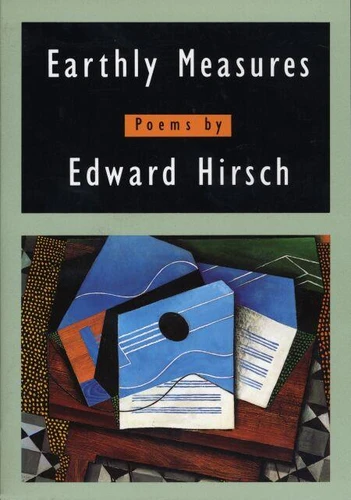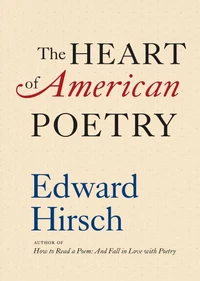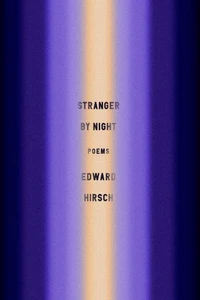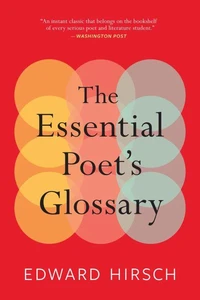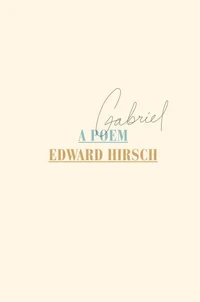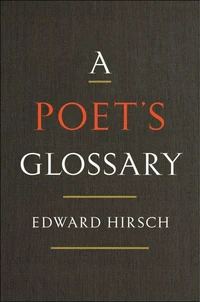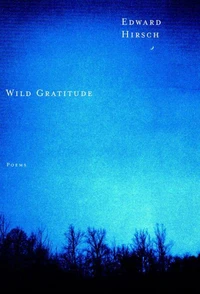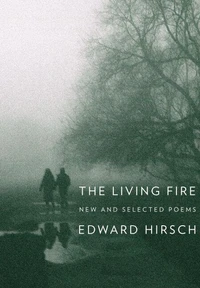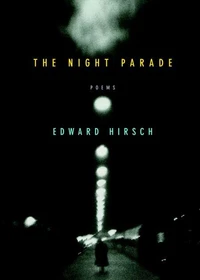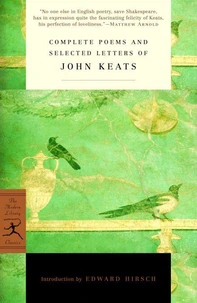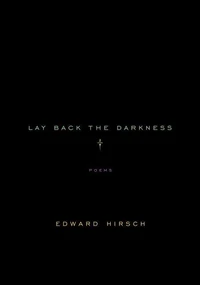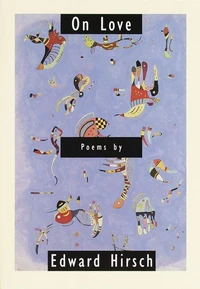Earthly Measures. Poems
Par :Formats :
Disponible dans votre compte client Decitre ou Furet du Nord dès validation de votre commande. Le format ePub protégé est :
- Compatible avec une lecture sur My Vivlio (smartphone, tablette, ordinateur)
- Compatible avec une lecture sur liseuses Vivlio
- Pour les liseuses autres que Vivlio, vous devez utiliser le logiciel Adobe Digital Edition. Non compatible avec la lecture sur les liseuses Kindle, Remarkable et Sony
- Non compatible avec un achat hors France métropolitaine
 , qui est-ce ?
, qui est-ce ?Notre partenaire de plateforme de lecture numérique où vous retrouverez l'ensemble de vos ebooks gratuitement
Pour en savoir plus sur nos ebooks, consultez notre aide en ligne ici
- Nombre de pages96
- FormatePub
- ISBN978-0-307-76061-6
- EAN9780307760616
- Date de parution09/10/2013
- Protection num.Adobe DRM
- Taille2 Mo
- Infos supplémentairesepub
- ÉditeurKnopf
Résumé
Edward Hirsch's strong, arresting poems have been praised from the start of his career. Of his second book, Wild Gratitude, Robert Penn Warren said, "I am convinced that the best poems here are unsurpassed in our time". This, his fourth collection, contains his finest work. From gritty, apocalyptic views of the urban Midwest to brilliantly empathetic portrayals of Simone Weil and Hugo von Hofmannsthal, the range of poems is at once wide and subtle.
"In the Midwest" speaks of the nightmare of abandon and decay; "From a Train (Hofmannsthal in Greece)" is the poet's compelling view of a timeless landscape; "The Italian Muse" is a meditation on Henry James in Rome; "Luminist Paintings at the National Gallery" beautifully evokes the sense of nineteenth-century American countryside. There is an argument about transcendence in these poems, an evocation of American spaces and European landscapes, a quest for reconciliation to the earth as it is.
Hirsch's work, as Anthony Hecht has said, "has not only the courage of its strong emotions, but the language and form that makes and keeps them clear and true".
"In the Midwest" speaks of the nightmare of abandon and decay; "From a Train (Hofmannsthal in Greece)" is the poet's compelling view of a timeless landscape; "The Italian Muse" is a meditation on Henry James in Rome; "Luminist Paintings at the National Gallery" beautifully evokes the sense of nineteenth-century American countryside. There is an argument about transcendence in these poems, an evocation of American spaces and European landscapes, a quest for reconciliation to the earth as it is.
Hirsch's work, as Anthony Hecht has said, "has not only the courage of its strong emotions, but the language and form that makes and keeps them clear and true".
Edward Hirsch's strong, arresting poems have been praised from the start of his career. Of his second book, Wild Gratitude, Robert Penn Warren said, "I am convinced that the best poems here are unsurpassed in our time". This, his fourth collection, contains his finest work. From gritty, apocalyptic views of the urban Midwest to brilliantly empathetic portrayals of Simone Weil and Hugo von Hofmannsthal, the range of poems is at once wide and subtle.
"In the Midwest" speaks of the nightmare of abandon and decay; "From a Train (Hofmannsthal in Greece)" is the poet's compelling view of a timeless landscape; "The Italian Muse" is a meditation on Henry James in Rome; "Luminist Paintings at the National Gallery" beautifully evokes the sense of nineteenth-century American countryside. There is an argument about transcendence in these poems, an evocation of American spaces and European landscapes, a quest for reconciliation to the earth as it is.
Hirsch's work, as Anthony Hecht has said, "has not only the courage of its strong emotions, but the language and form that makes and keeps them clear and true".
"In the Midwest" speaks of the nightmare of abandon and decay; "From a Train (Hofmannsthal in Greece)" is the poet's compelling view of a timeless landscape; "The Italian Muse" is a meditation on Henry James in Rome; "Luminist Paintings at the National Gallery" beautifully evokes the sense of nineteenth-century American countryside. There is an argument about transcendence in these poems, an evocation of American spaces and European landscapes, a quest for reconciliation to the earth as it is.
Hirsch's work, as Anthony Hecht has said, "has not only the courage of its strong emotions, but the language and form that makes and keeps them clear and true".

